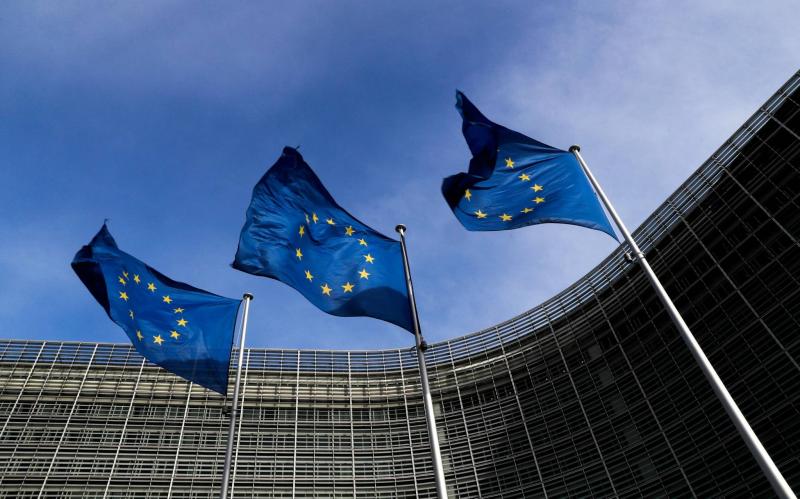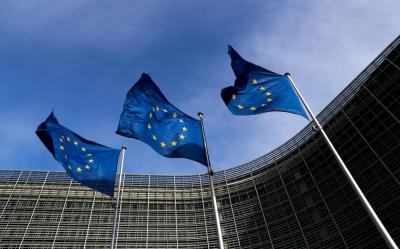European Union lawmakers gave the green light today, Tuesday, for legally binding targets to expand the use of renewable energy at a faster pace in this decade, which is a key part of Europe's plans to combat climate change and move away from fossil fuels. The legislation significantly raises the EU's renewable energy targets, requiring that 42.5% of the energy used in EU countries come from renewable sources by 2030, replacing the previous target of 32% for that date.
The legislation faced difficulties in passing during discussions among EU member states and received support only after France secured approvals for the use of nuclear energy, which is low-carbon but not renewable. The European Parliament voted today, Tuesday, overwhelmingly in favor of passing the legislation, with 470 lawmakers voting in favor, 120 against, and 40 abstaining. The member states of the EU must also approve the final law before it comes into effect.
EU countries and lawmakers negotiated an agreement on renewable energy in March, which was intended to be a final agreement but was stalled by countries seeking broader recognition of nuclear energy usage. EU member states unofficially agreed to the deal in June after Brussels provided written guarantees allowing ammonia production plants to be exempt from achieving renewable fuel targets, enabling them to operate on fuel based on nuclear energy instead. France argues that Europe's transition to a green economy will require hydrogen produced from renewable energy sources and nuclear energy, which EU laws should support.




